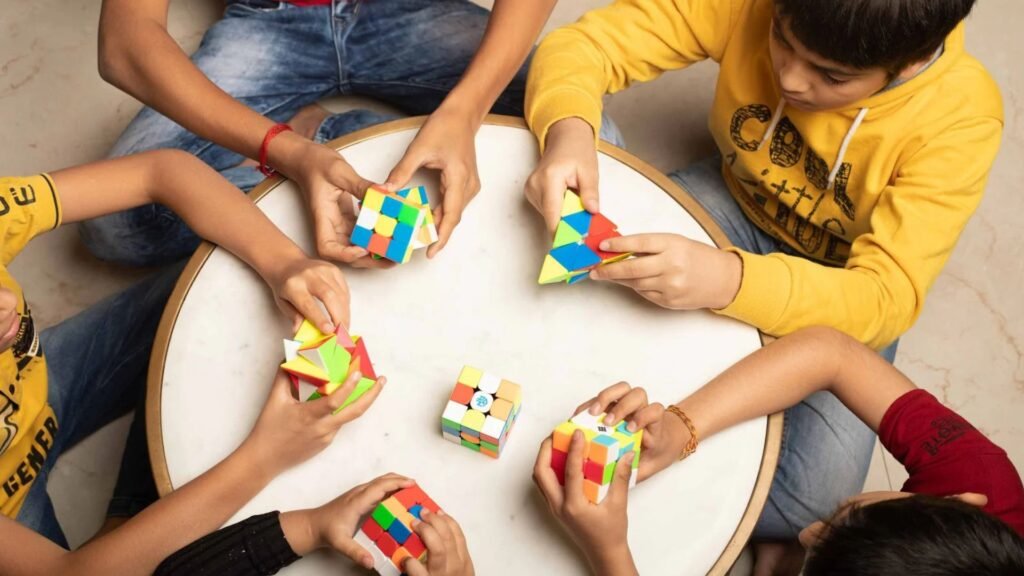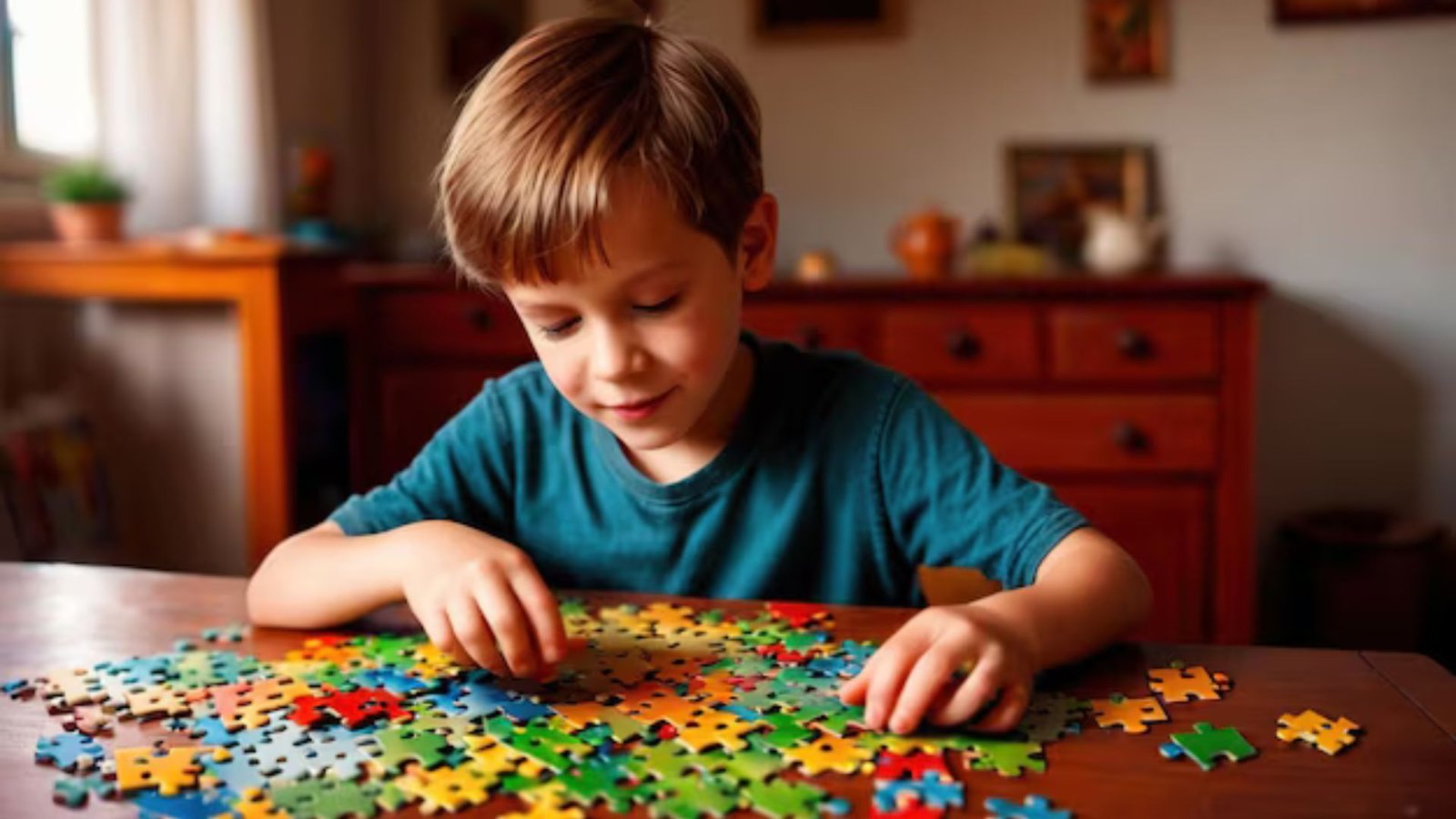Puzzle competitions are much more than just a test of speed and skill. They are powerful tools for building cognitive resilience, a crucial aspect of mental strength that helps individuals adapt, persevere, and perform under pressure. Whether you’re solving a Rubik’s Cube, a Sudoku puzzle, or a jigsaw puzzle in a competitive setting, the experience challenges your brain in ways that improve memory, problem-solving abilities, and mental flexibility. In this article, we’ll explore how puzzle competitions contribute to the development of cognitive resilience and provide long-term benefits for mental health and brain function.

Enhancing Problem-Solving Skills
Building Complex Cognitive Pathways
Puzzle competitions push participants to think critically, analyze problems from multiple angles, and develop creative solutions. By requiring the participant to solve a variety of challenges in a time-sensitive setting, puzzle competitions help train the brain to think quickly and logically. This type of mental exercise creates complex cognitive pathways that enable participants to approach problems with a clearer, more efficient mindset.
Learning from Failure
Cognitive resilience involves the ability to learn from mistakes and setbacks. In puzzle competitions, failure is inevitable. However, every error is a learning opportunity. The process of identifying where you went wrong, adjusting your strategy, and trying again builds perseverance. This fosters a mindset that sees challenges as opportunities for growth rather than insurmountable obstacles. Through repetition and improvement, puzzle solvers learn to bounce back from failures, which strengthens their ability to tackle future problems, both in and out of the competition setting.
Improved Decision-Making
Many puzzle competitions require competitors to make quick decisions based on limited information. These situations force the brain to assess options rapidly and choose the most effective path forward. As participants repeatedly make decisions under time pressure, they improve their decision-making skills, which enhances their ability to respond quickly and strategically in other high-stress situations.
Strengthening Memory and Focus
Boosting Working Memory
Puzzle competitions place heavy demands on working memory—the system responsible for holding and manipulating information over short periods. As competitors solve puzzles, they often need to keep track of complex rules, instructions, or multiple steps involved in the solution. The constant mental juggling enhances working memory, improving a person’s ability to retain and process information efficiently. This benefit is not only useful during the competition but also enhances everyday cognitive function, such as recalling details at work or retaining new information while studying.
Sharpening Focus and Attention
Puzzle competitions require participants to maintain high levels of concentration over an extended period. Whether they’re racing against the clock or trying to solve a particularly challenging puzzle, competitors must block out distractions and focus on the task at hand. This sustained concentration exercises the brain, improving attention span and mental stamina. As competitors consistently work on improving their focus, their overall cognitive resilience becomes more robust, allowing them to perform well even under stress or distraction in other areas of life.
Improving Long-Term Retention
In addition to short-term focus, solving puzzles also enhances long-term memory retention. As puzzle solvers engage in repeated practice and competition, their brains strengthen neural connections related to memory. This increased mental agility can help competitors retain complex patterns, strategies, and sequences that can be applied not only in puzzle competitions but in other problem-solving scenarios.
Conclusion
Puzzle competitions offer a unique and effective way to build cognitive resilience. By enhancing problem-solving abilities, improving memory and focus, fostering adaptability, and reducing stress, puzzle competitions provide mental challenges that strengthen the brain and improve overall cognitive health. Participants who engage in these competitions not only boost their cognitive abilities but also develop the emotional resilience and mental toughness needed to thrive under pressure. Whether you’re a seasoned puzzle competitor or a beginner, the skills you develop through puzzle-solving will contribute to long-term mental health and cognitive well-being.



